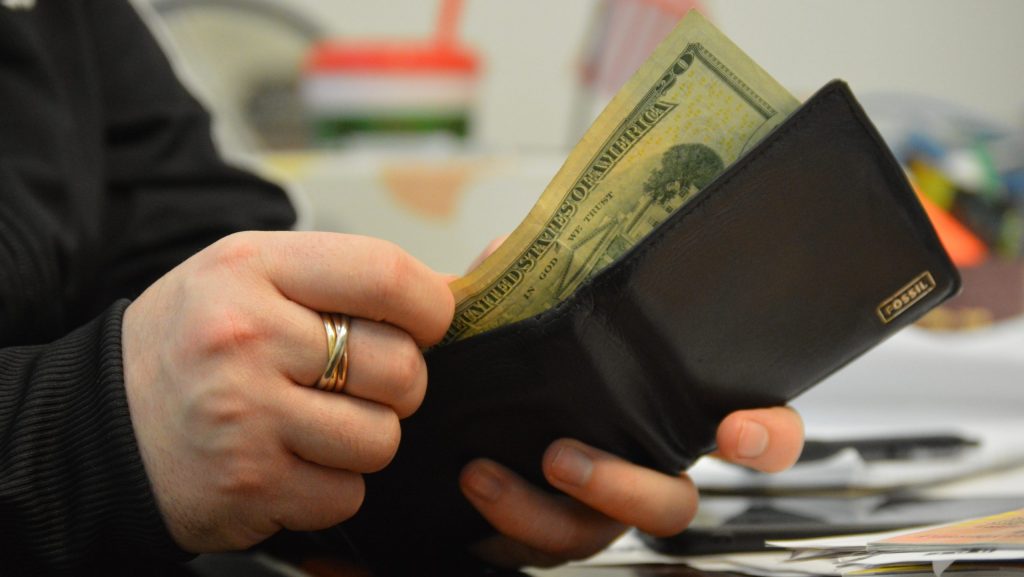Detroit Regional Chamber Shares Positive Economic Outlook, Despite Finding Inequities
While economic impacts of the COVID-19 pandemic have been felt by some more than others, the Chamber gave a positive forecast during its annual State of the Region report.

The Detroit Regional Chamber says business in Michigan is better positioned to bounce back from COVID-19 than it was from the Great Recession. The chamber says the state is following a “K-shaped” recovery — meaning that while some areas of the economy continue to languish, other sectors are rebounding.
To support this, the organization’s polling shows a 42% yearly growth in new business formation during the pandemic. While an uptick in startups is common during an economic downturn, Chamber CEO and President Sandy Baruah says that did not happen during the 2008 recession.
“To build a more resilient regional economy… we need to increase our level of education obtainment.” — Sandy Baruah, Detroit Regional Chamber CEO and president
“In fact we saw the opposite,” says Baruah, “a drop in new business formations during and coming out of the Great Recession. This was highly unusual and was a key contributor to the slow economic recovery coming out of that very difficult period of time.”
Baruah says the trend puts Michigan’s economy in a position to grow over the next year. He says that’s despite the fact that the number of small businesses in the region has dropped by about a third during the pandemic.
The Chamber says its findings also highlight a number of systematic inequities in areas such as education.
Officials say unemployment among college-educated workers rose from about 1% to 4% during the last year. Baruah says that’s compared to a spike of around 8 percentage points among residents without diplomas.
“To build a more resilient regional economy,” says Baruah, “and more resilient citizens and families, we need to increase our level of education obtainment — so more of our citizens have that degree of skilled credential to insulate them from the unemployment line.”
Baruah says people of color have also been disproportionately impacted by the COVID-19 economy. He says 44% of federal paycheck protection loans given out in Detroit went to Black-owned businesses, despite the city’s population being nearly 80% Black.
Trusted, accurate, up-to-date
WDET is here to keep you informed on essential information, news and resources related to COVID-19.
This is a stressful, insecure time for many. So it’s more important than ever for you, our listeners and readers, who are able to donate to keep supporting WDET’s mission. Please make a gift today.
